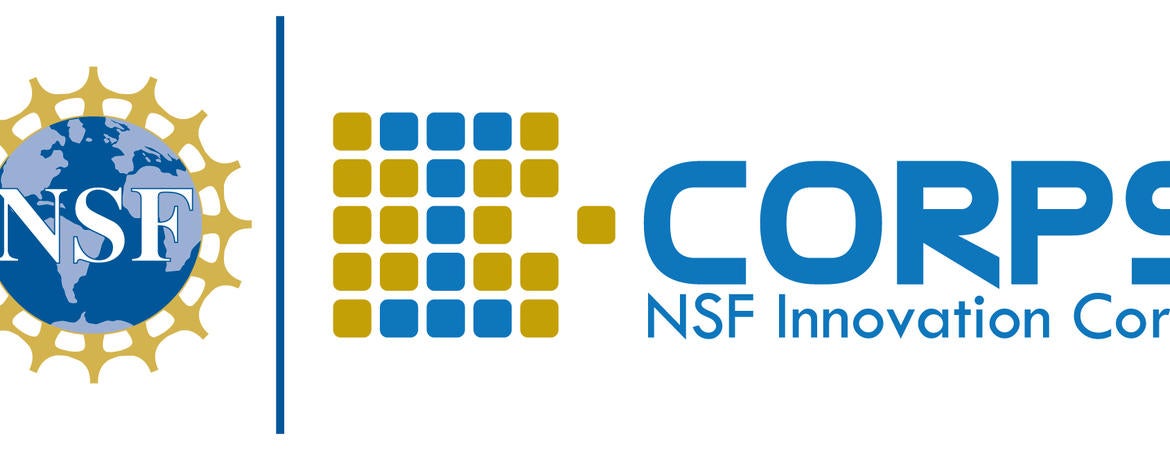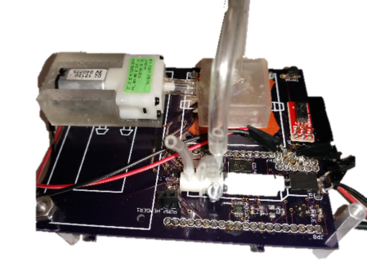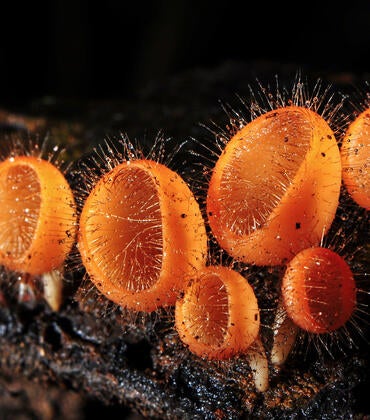
In the United States alone, more than 15 million people — about 5 percent of the population — suffer from some type of olfactory system dysfunction affecting their sense of smell or taste. These can be life threatening when it comes to dangers usually detected by smell, such as smoke, gas leaks, or rotten food.
Chromanose, a startup founded by UC Riverside engineers, is an electronic nose that can help people with a compromised sense of smell identify potential dangers. The project has been admitted to the National Science Foundation’s Innovation Corps 2018 cohort for entrepreneurial training and funding to support market research and product development.
The National Science Foundation’s Innovation Corps, or I-Corps, program prepares scientists and engineers to extend their focus beyond the university laboratory and accelerates basic research projects ready to move toward commercialization.
The entrepreneurship effort is led by Sooyoun Yu, a third-year chemical and environmental engineering doctoral student in UC Riverside’s Marlan and Rosemary Bourns College of Engineering.
Chromanose is a lightweight, portable device consisting of hundreds of nanomaterial-based gas sensors that can detect smells almost as well as the human nose.
“We are developing prototypes by refining the components, while simultaneously moving forward to consider commercialization,” Yu said. The current prototype includes 128 sensors in one array, as well as fully integrated electronics.
The startup builds on 10-plus years of nanomaterial-based gas sensor research by Nosang Myung, a professor of environmental and chemical engineering at UC Riverside and Chromanose’s technical lead.
Yu, who has been working on the project since September 2017, successfully led her team through UC Riverside’s I-Corps site program, ‘Startups for Innovators,’ a seven-week workshop that allows participants to explore commercialization possibilities for an idea or research project.
In 2017, UC Riverside was awarded a prestigious National Science Foundation I-Corps Site status and a $500,000 grant to provide in-house commercialization training to UC Riverside faculty and students over the next five years. The UCR I-Corps site program is administered by the Entrepreneurial, Proof of Concept, and Innovation Center, which offers expert guidance for campus innovators seeking to commercialize their research.
Chromanose is one of 24 startups selected by the National Science Foundation to participate in a nationwide workshop and receive $50,000 in funding. For seven weeks, the Chromanose team will use their funding to travel and meet with potential customers to determine how Chromanose can fulfill their needs in order to learn how to better market their product. In the first and seventh weeks, the group will join the rest of the 2018 cohort in Austin, Texas, to share ideas and get feedback from the teaching and mentor staff, who boast extensive business or venture capital backgrounds, as well as mentors from academic research groups.




